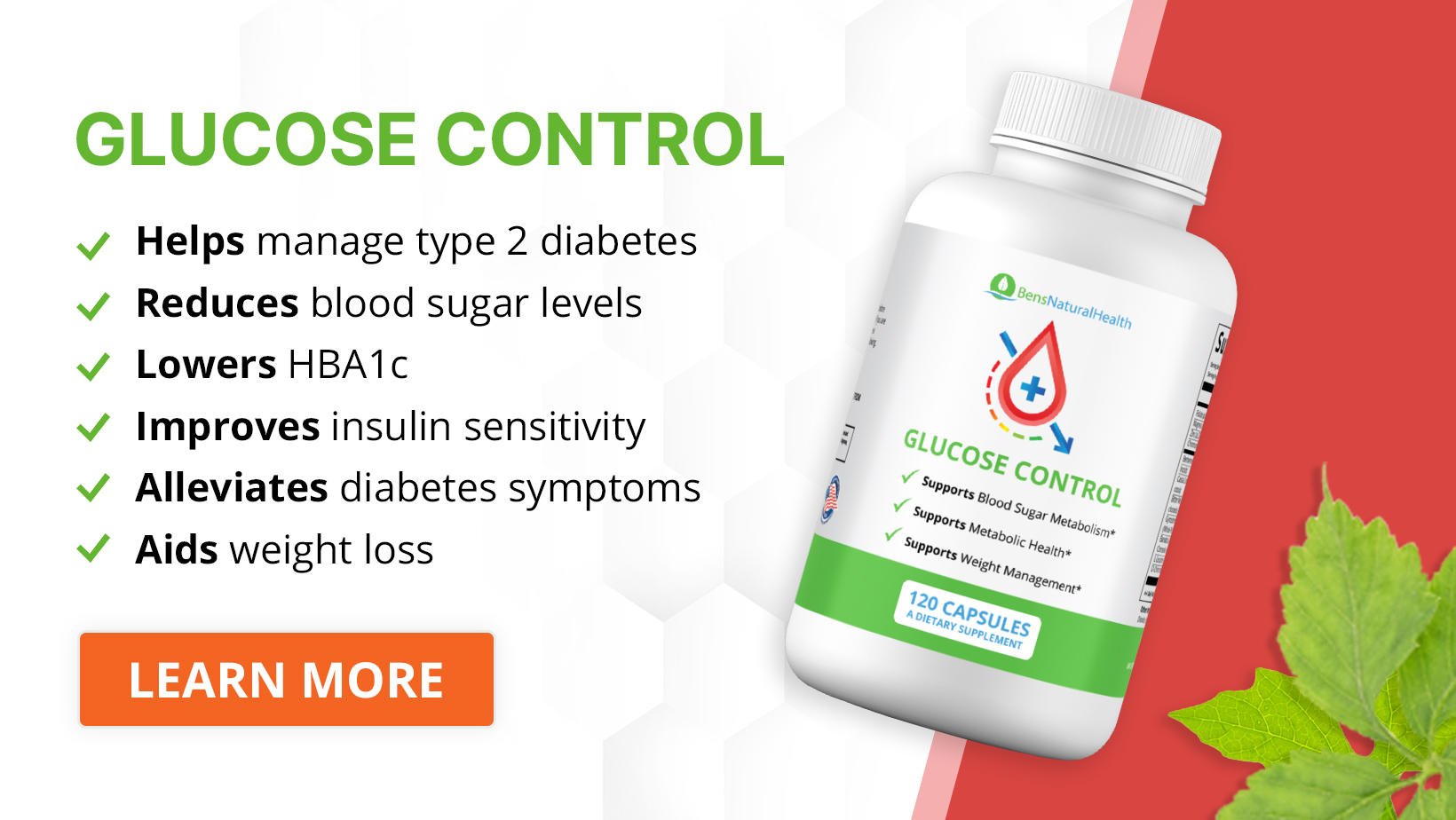Diabetes happens when our body either does not produce enough insulin or doesn’t properly use it.
But insulin isn’t quite as simple as this “having enough or not having enough” concept. There is also insulin sensitivity.
This plays a major factor in not only diabetes but also other metabolic processes and conditions.
Here is everything you need to know about insulin sensitivity.
What is insulin sensitivity?
Insulin sensitivity is a measure of how sensitive your body is to insulin’s effects. If you are insulin sensitive, you will need less insulin to lower your blood glucose levels. Insulin sensitivity differs from one person to the next. Doctors can perform tests to see how sensitive to insulin you are.
Insulin sensitivity is related to abnormalities in the metabolism of carbs and fats. People who have excess adipose tissue, or fat tissue, will have impaired insulin action. This is what can lead to lower insulin sensitivity. Certain medical conditions predispose you to a higher risk of insulin sensitivity, such as polycystic ovary syndrome (PCOS).
Get Your FREE Diabetes Diet Plan
- 15 foods to naturally lower blood sugar levels
- 3 day sample meal plan
- Designed exclusively by our nutritionist
How to know if you’re sensitive to insulin
Some of the tests that are useful for testing insulin sensitivity include fasting blood glucose and hemoglobin A1c. Insulin sensitivity is most often calculated from fasting glucose, postprandial glucose, and fasting insulin concentration.
Why is insulin sensitivity important?
Insulin targets certain tissues with their insulin receptors to enhance their glucose uptake. This includes the liver, your skeletal muscle, and adipose (fat) tissue. Insulin resistance in these tissues is an early step in developing type 2 diabetes. Insulin resistance syndrome can lead to prediabetes, which can then progress to diabetes.
It’s important to keep an eye on insulin sensitivity because low insulin sensitivity can lead to a wide range of health problems. Your body tries to compensate for low insulin sensitivity by producing even more insulin.
Hyperinsulinemia (high levels of insulin in the blood) is associated with the following problems:
- Damage to blood vessels
- Heart disease
- Heart failure
- Obesity
- Osteoporosis
- Cancer
Stress and illness can lead to short-term lowered insulin sensitivity. In most cases, this should resolve once the stress or illness is gone.
You can control how effectively your insulin works in your body. Having insulin sensitivity has multiple benefits on your health. For example, if you take insulin injections daily, then insulin sensitivity allows you to need lower doses.
If you have type 2 diabetes and work towards weight loss and increase your insulin sensitivity, you could reduce your need for rapid acting insulin medications or perhaps even come off them. Working on your insulin sensitivity is helpful not only for diabetes, but for overall health.
Insulin resistance is important to prevent because it can contribute to kidney disease. Tissue resistance to insulin is a major factor in diabetes and metabolic syndrome. Insulin resistance is also associated with obesity and other cardiovascular disease risk factors. This is why it’s crucial to catch it early, when it’s possible to prevent it from becoming a disease.

How does insulin sensitivity affect diabetics?
Diabetics will need more insulin to prevent high blood sugar. This insulin comes from either their own pancreas or from insulin injections.
Insulin sensitivity can indicate larger health problems. High blood pressure and high cholesterol could also be present. If someone with type 1 diabetes has high insulin sensitivity, this could cause problems. This is especially true of young children.
Can high insulin sensitivity be a problem?
Higher insulin sensitivity, in general, is a good thing! But, there are some situations where higher insulin sensitivity can be a bad thing. This includes patients with type 1 diabetes because it can increase their risk of hypoglycemia.
For someone with high insulin sensitivity and type 1 diabetes, there are solutions. For example, there are insulin pens that deliver half doses. This could help reduce the risk of going into hypoglycemia. Speak to your health care provider about this if you think half doses might benefit you.
Physical activity has insulin sensitizing effects. This may be a good thing for the average person, but if you have type 1 diabetes and take insulin medication, then it can increase your risk of hypoglycemia.
It’s also important to consider the fact that exercise can affect insulin sensitivity for up to 48 hours. Be aware of your blood sugar levels for the days after you engage in physical activity.
How to improve your insulin sensitivity
The good news about insulin sensitivity is that you have control over this. You can increase your insulin sensitivity through lifestyle interventions. This includes making healthier eating choices and exercising regularly.
Exercise has a powerful effect on insulin sensitivity. In fact, any type of exercise can make your insulin more efficient. One effective method is combining aerobic exercise and resistance training. Decreasing your body fat percentage can help improve impaired insulin sensitivity.
You’ll also want to make sure you eat foods with a lower glycemic load and lower glycemic index. Include foods that are high in fiber. Ensure you are getting a good night’s sleep and managing your stress levels. All this can help to improve insulin sensitivity.
Factors that reduce your insulin sensitivity
Insulin resistance often occurs in obesity and type 2 diabetes. But this is not only due to impaired insulin signaling. There are also multiple metabolic pathways involved.
Lipids, amino acids, and bile acids all modulate insulin sensitivity. These metabolites can regulate insulin sensitivity directly by modulating parts of the insulin signaling pathway.
But they can also indirectly regulate insulin sensitivity by changing substrates’ flux through metabolic pathways. There is also a role of the microbiome (your gut bacteria) in regulating substrate metabolism and insulin sensitivity.
Central body fat is another factor in insulin resistance. Body fat that is more spread out to the limbs is less likely to affect your insulin sensitivity.
Reduced insulin sensitivity is closely related to type 2 diabetes. However, it can happen in type 1 diabetes as well. Someone with type 1 diabetes and low insulin sensitivity has what we call “double diabetes.”
Researchers are still not entirely sure what causes low insulin sensitivity. However, they know that high levels of visceral fat (organ fat) are associated with low insulin sensitivity.
Conclusion
If you suspect you may have low insulin sensitivity, blood testing is the best way to determine this. This is likely the first step your health care provider will take. They will probably test for fasting plasma glucose, postprandial glucose concentration, and insulin levels.
Low insulin sensitivity, or insulin resistance, is not taken lightly. Insulin sensitivity can put you at higher risk for several health conditions. To improve your insulin sensitivity, lose excess body weight, participate in regular exercise, and consume a healthy diet.
If you have low insulin sensitivity, speak to your health care provider about healthy changes you can make to improve the efficiency of your insulin.
Explore More








